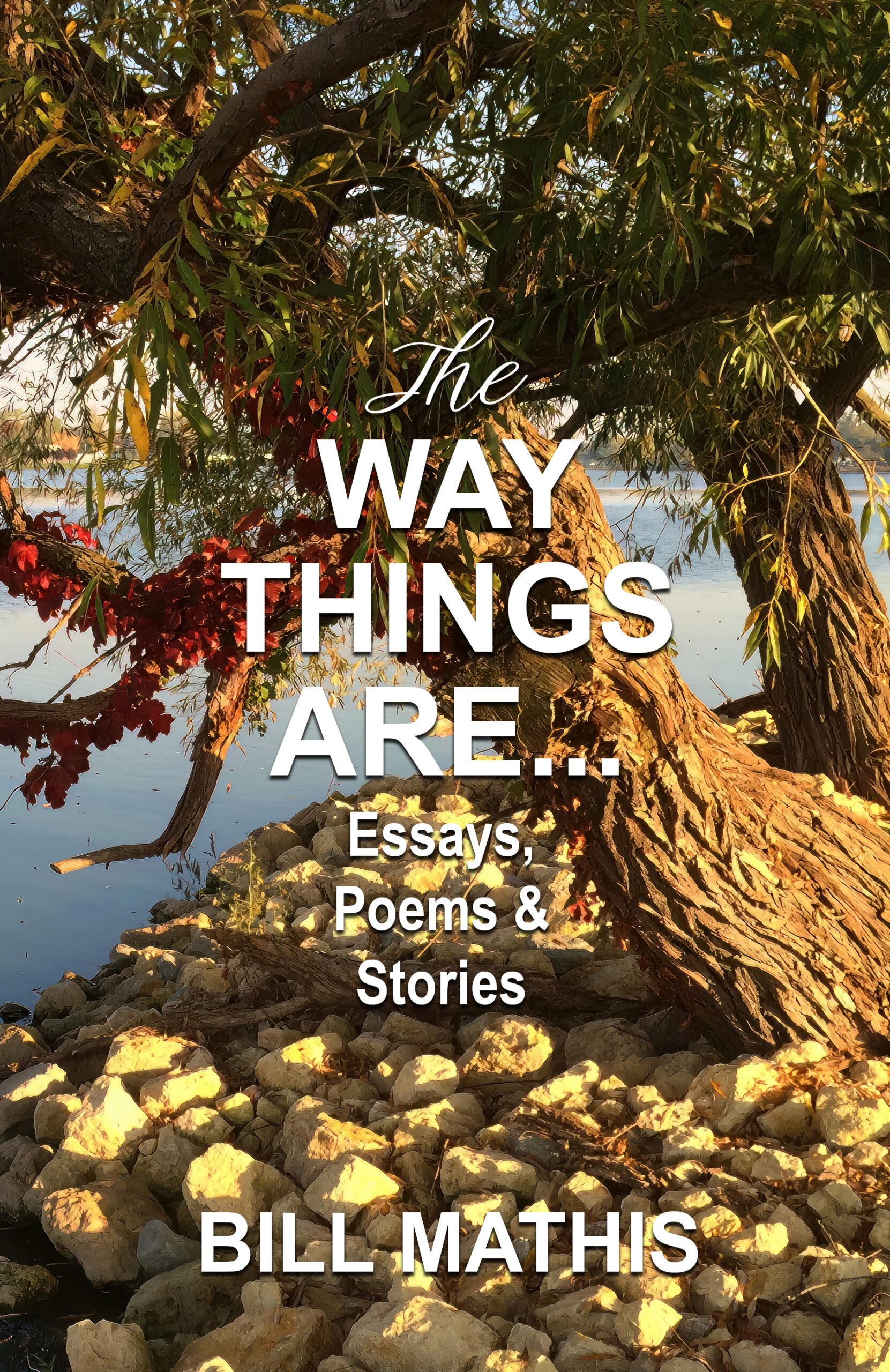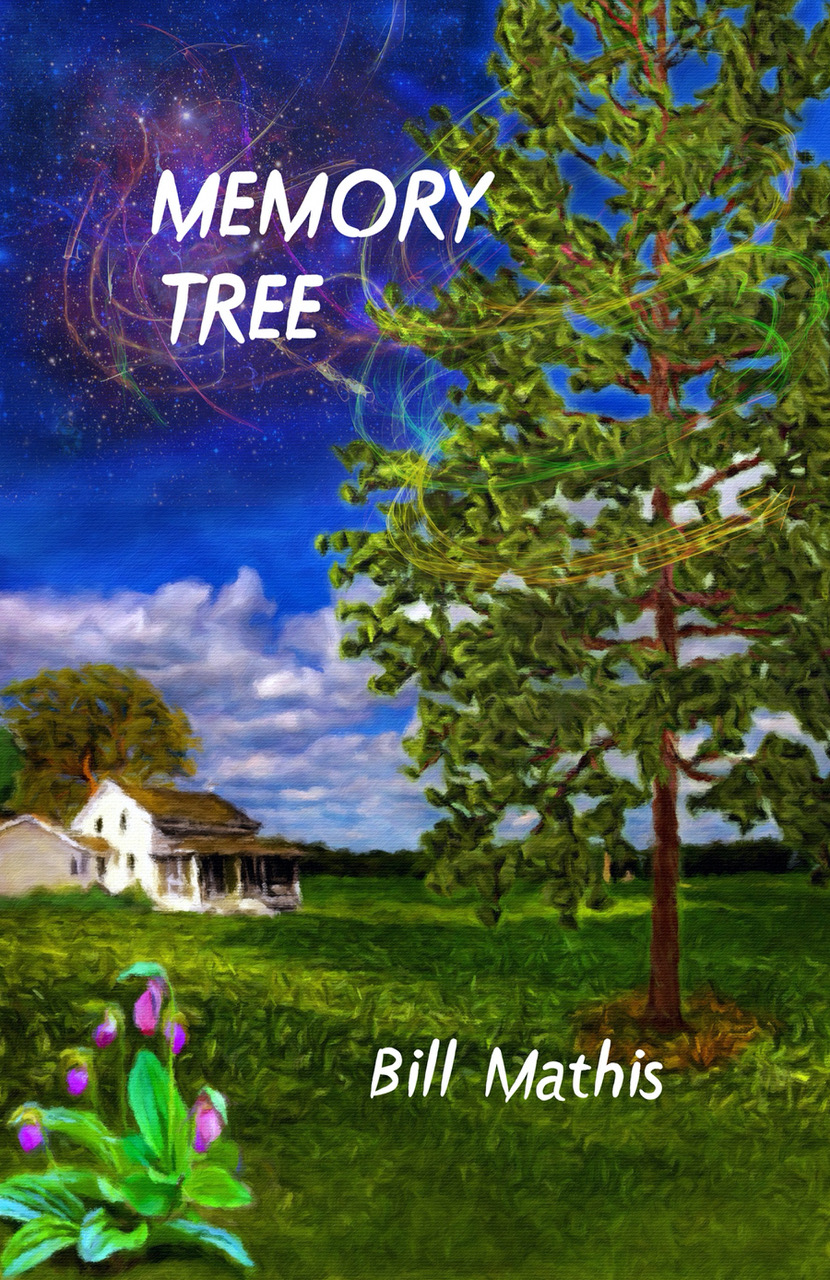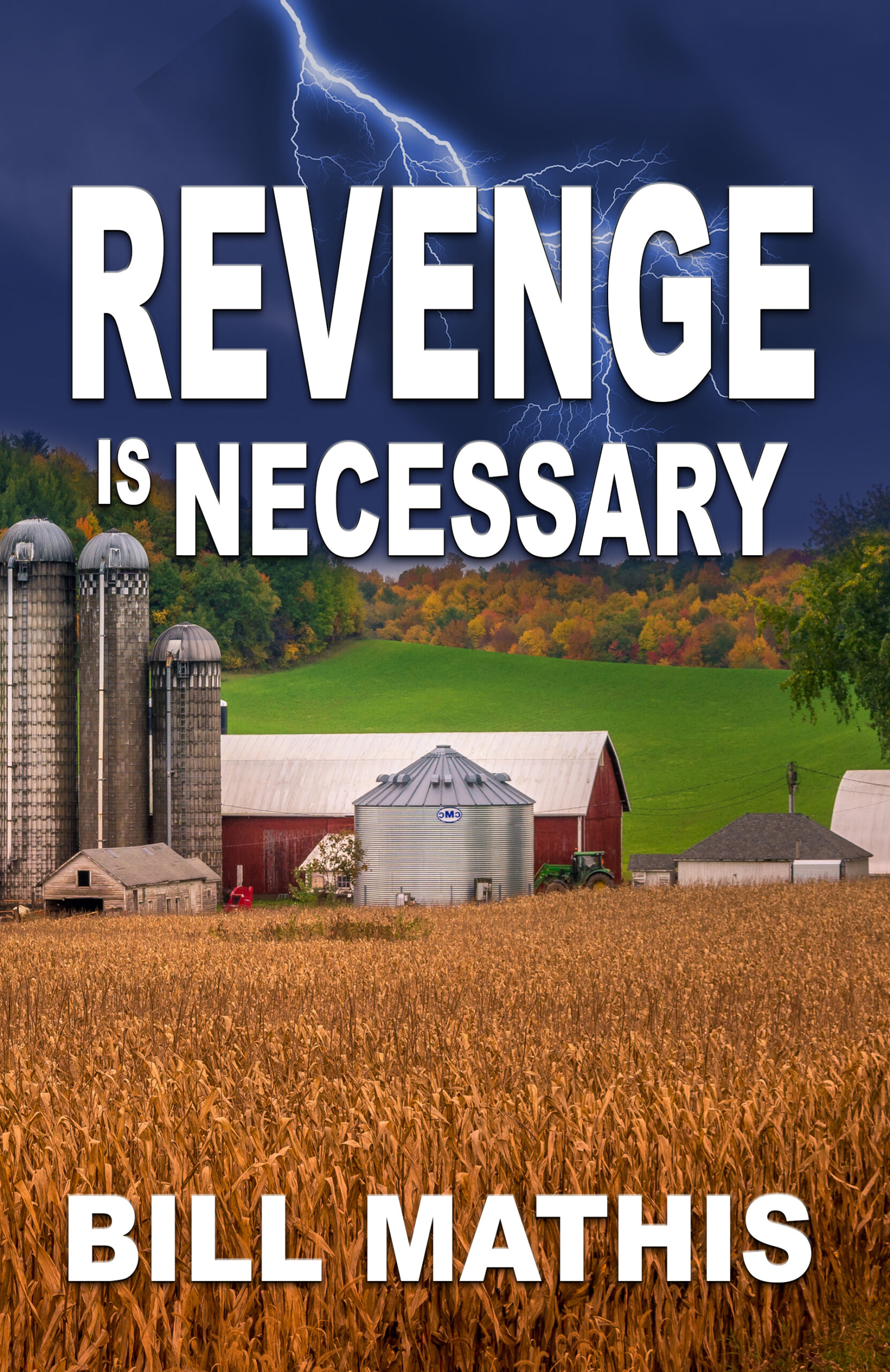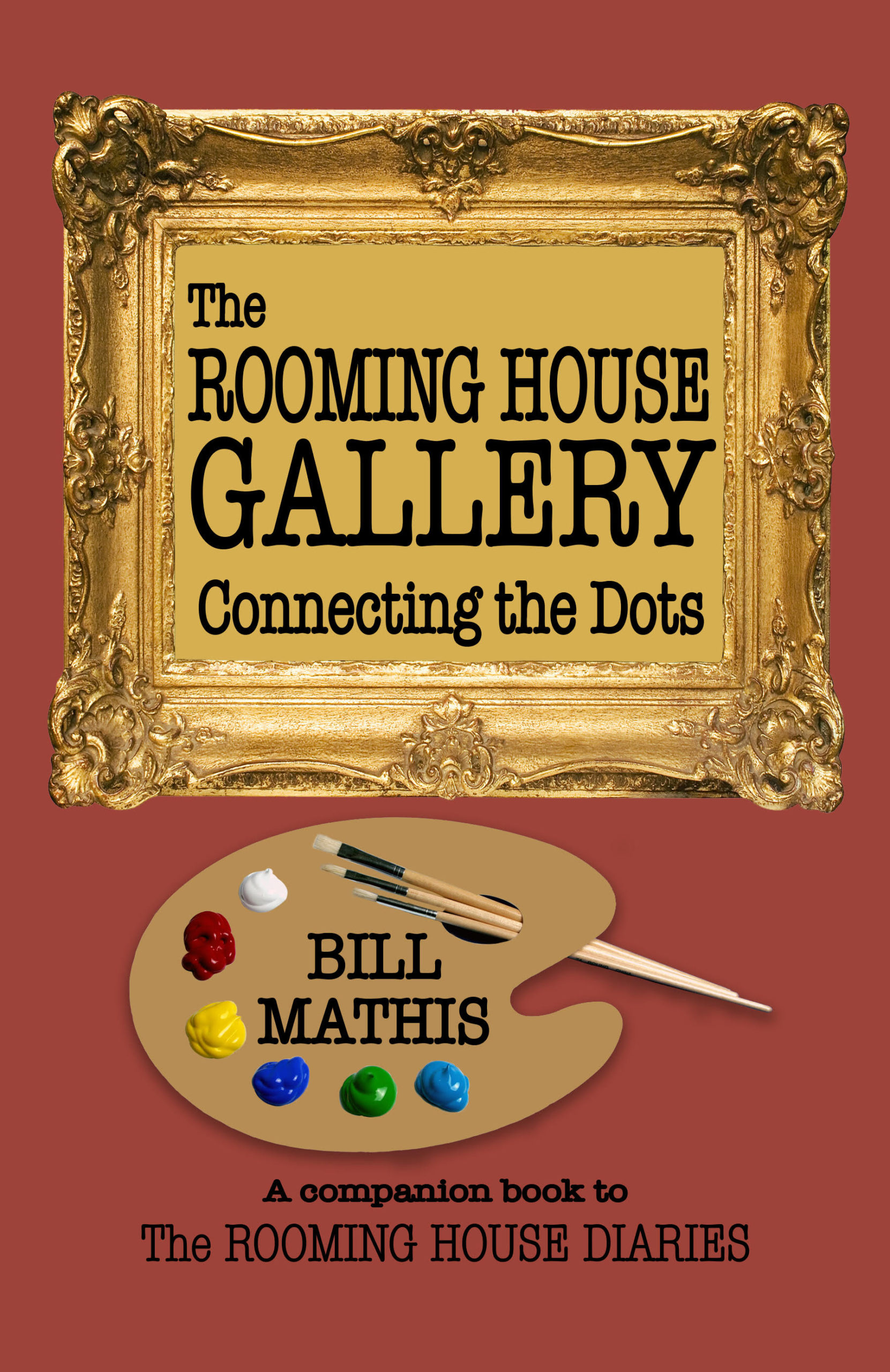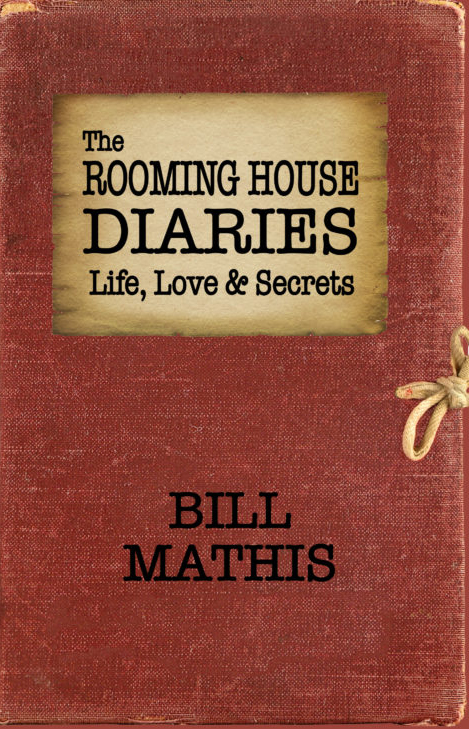Post 60: On The Road To Romania
“This is nothing. Nothing!”
“Beeal, I remember,” Dr. G began, his mother and I standing under the grapes again, “when as a little boy, right here, in this house, everybody had quota on how much wheat or grain to produce. One year it was bad growing year and nobody could make their quota. The party officials come to get the grain. My mom kept back a small amount to feed to my brother and me. The official found out and made her give it to him. I was young, but old enough to know a little bit would still help feed us. I start to cry.” He smiled at his mother and quickly explained the story in Romanian. She smiled and nodded her head in remembrance.
“My mom, she look at me and she say ‘Don’t you dare cry! This is nothing. Nothing! There are far worse things than this could happen to us. We will make it!’ I never forget her words. You know she never join Communist party either. She and my father always figure out different ways to do things, to survive. They raise us two boys to be strong, smart and work hard.”
It was time to leave. Mama G and Dr. G hugged and kissed, both with tears in their eyes. He assured her he would be back, but at her age, and with the distance between them, they both knew it was hard to guarantee they would see each other again. We packed and headed for Craiova, a large city of nearly 300,000 located about forty minutes north.
As we drove through a heavy forest, with the sun almost blocked, Dr. G shared more about his childhood. “We used to grow melons and vegetables down by the river. It helped us to eat, but mostly we sold them to get some cash money. When I was ten, I was in charge of taking a wagon load of melons into the city. We do this all harvest season. Me and other big boys and men from village would go at night, we travel together in a long line, there was robbers sometimes in this woods. I drive our wagon with our horse all by myself. My dad could not go because he worked and farmed all day, so I was alone and was in charge of the money and everything. We go all night, sell our stuff and then come home. Can you imagine? I was only ten and doing all that to help our family survive!”
“Dr. G, has Mama G ever been to America?”
“Oh, Beeal, that a funny question. Yes, she visit my brother, he live in Atlanta, he big accountant. He come over later after me. And she visit me in Chicago. Beeal, she not like America! We try to get her to move here, we tell her we take good care of her. But she say NO! ‘How can we spend so much money on stuff you don’t need?’ she ask. ‘You spoil your kids, you not tough enough on them,’ she say. ‘Why you half such big houses?’ No, she not want to move here. America too busy, too much stuff, too noisy. She only want her house and her village. She want to die here and be by my dad. So, we sad but what can you do? So I pays those neighbors we had dinner with to look in on her, take care of her, fix her food. She still not think she need help, she a strong old lady.” He smiled and shook his head.
Eventually, we drove through streets busy with vehicles and people, reminding me of Bucharest. We pulled up to a wide, intimidating metal gate which a man opened for us, and drove into a driveway fronting an expansive, white home: a sharp contrast to the small village homes we recently left.
Next week: More friends

